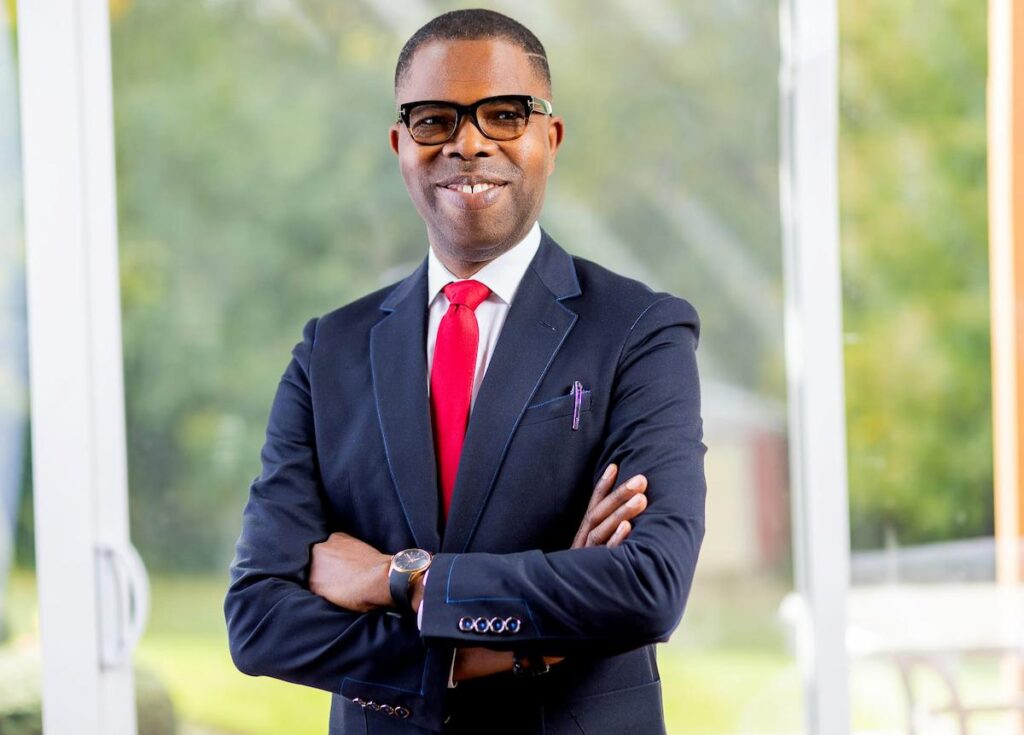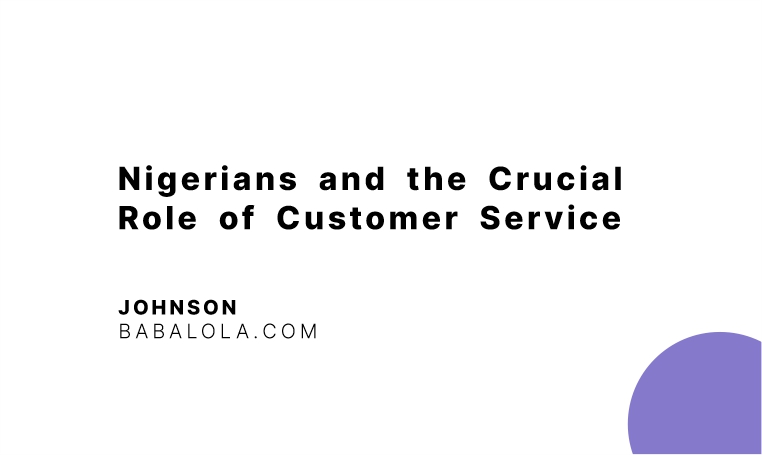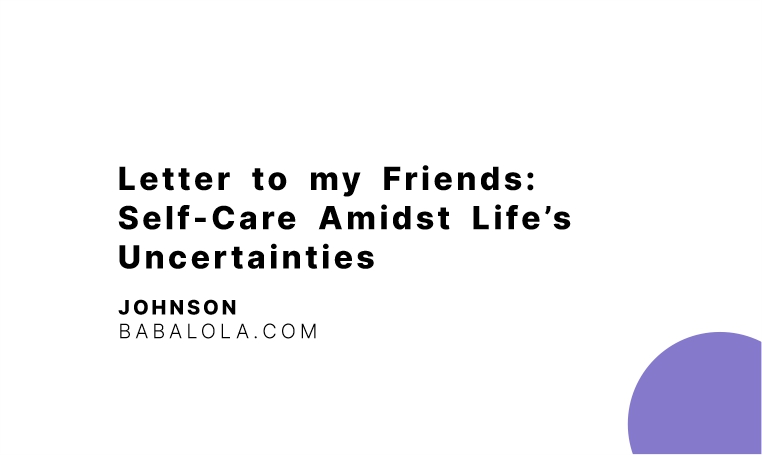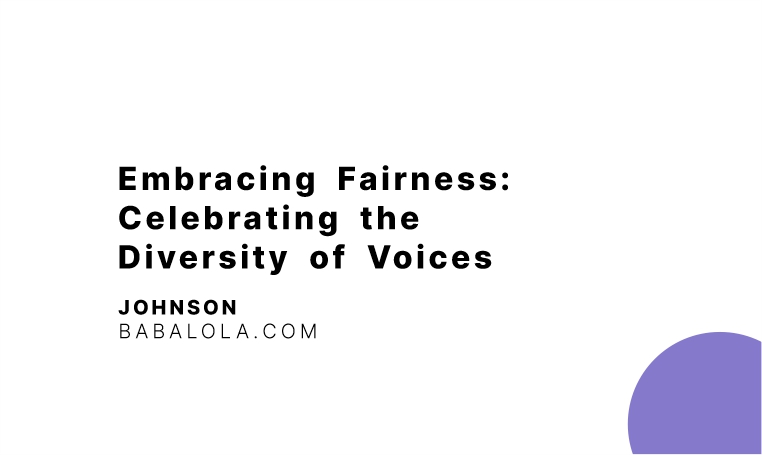Social Network Groups and Classism
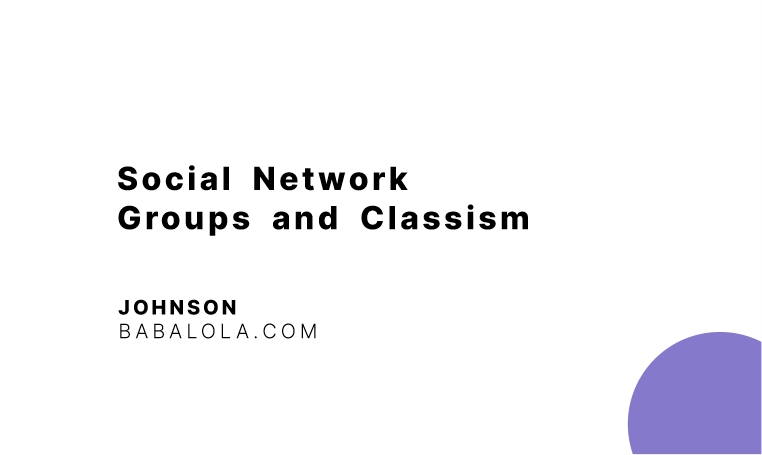
AA called his old friend that attended secondary school with him, and they had this conversation:
“Alaba, o ti dake ju lori wasap platform school wa. Kilode?” (Alaba, you are too quiet on our school’s Whatsapp platform. What’s the matter?)
“Nigbati o je pe gbogbo eyi ti mo so seyin, ko seni to dami lohun. Mo lerowipe nitori mi o ki seyan pataki ni)” (because all the ones I had previously said, I got no response. I thought it was because I was not an important person)
Profound! I ask that you take a minute to pay attention to the discussions on your WhatsApp groups. Although there are exceptions, most WhatsApp groups where the rich, the poor and the in-between are members, exhibit some form of unintended discrimination or the other. Classism is often practiced, possibly unintentionally … or in some cases, intentionally.
The ones whose posts get the most responses are those who wield one advantage or the other: elderly, rich, political office holders, well-positioned in society, brilliant, overseas based or who make troubles. In family Whatsapp groups, there are some uncles and aunts you dare not respond to!
While a post by Olowo that he just “yawned after breakfast” will attract many comments like “Thank God”, “I am happy for you my brother”, “bro, leave some food for me o”, “how are you my brother, I will private chat you”, same post from Alaba will attract zero response or at best, a lone “hmmmnnnn” or “it is well”. After a few tries, he feels inferior and goes into his shell.
Then when Alaba withdraws from the platform, nobody notices his absence. He is not missed. However, if Olowo is not heard from within a day or two, everyone is asking “has anyone heard from Olowo?”, “can someone reach out to him?”, “I hope he is ok”.
Who can blame those that are eager to engage with Olowo? Subconsciously, they derive some pleasure from their “relationships” with him. Perhaps one day, he will remember them for good. It might also be for no expected material or financial gain at all. Might just be psychological.
Some might feel safer relating with Olowo because there is no expected cost to the relationship. A relationship with Alaba, although well intended, may cost the individual materially, financially, or emotionally. The thought that he went to school with others on the platform, and he is not doing well while others are, may create a gulf between him and some members of the group.
AA did well by checking on Alaba, understanding that not every Alaba will create a financial, material, or emotional burden for him. Afterall, base beru la bomo (a slave was given birth to the same way as a freeborn). While understanding that there is always a clique within a clique, there must also be room for the young, the poor, the weak, the inexperienced, the old, the not very brilliant and others like them.
So, if there is an Alaba in your group, create some time for him too. Make him feel like a relevant member of the group.
Johnson Babalola, a Canada and Nigeria based lawyer, leadership consultant, storyteller and corporate emcee, is a public affairs analyst. Follow him for discussions on real life issues that affect us all.
You can obtain a copy of his newly released book, REJECTED on Amazon, FriesenPress, Barnes & Noble, Kobo, Google Play, Apple Books, Nook Store etc.
